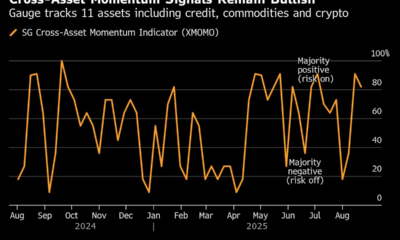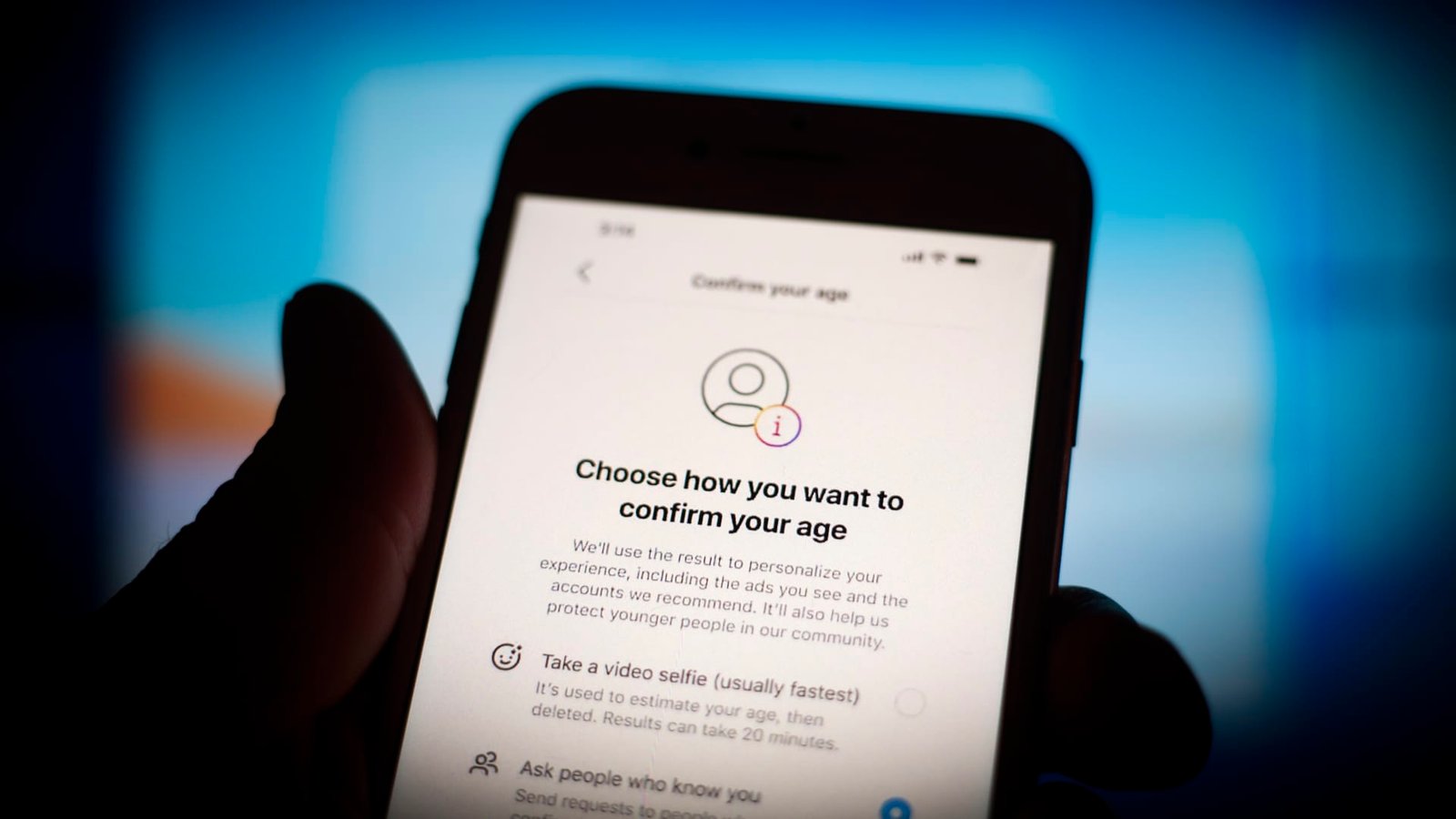Dublin, Aug. 21, 2025 (GLOBE NEWSWIRE) — The “Artificial Intelligence (AI) Platform Market – Technologies, Deployment Types, Company Types and Industry Sectors” has been added to ResearchAndMarkets.com’s offering.
The global AI Platforms market, valued at US$11.3 billion in 2024, is anticipated to surge to US$56.3 billion by 2030, propelled by an impressive CAGR of 30.8%. Enterprises increasingly demand automation, efficiency, and cost-effectiveness, fuelling this growth.
With over 80% of businesses integrating AI strategies, platforms that analyze extensive data from IoT devices, social media, and other digital avenues are in high demand. Enhanced capabilities in machine learning (ML) and deep learning, as demonstrated by companies like Google with neural networks for route optimization, are elevating platform intelligence significantly.
Major cloud providers like Microsoft Azure, AWS Bedrock, and Google Vertex AI are breaking barriers by supplying scalable, ready-to-use AI solutions, enabling smaller firms to adopt AI without hefty upfront costs. AI-as-a-Service (AIaaS) offerings are emerging as the go-to strategy for companies endeavoring to infuse AI capabilities, with AWS, Microsoft, and Google pioneering this domain.
AI Platforms Regional Market Analysis
North America is projected to hold the largest market share, accounting for about 36.2% of revenue in 2024. The region benefits from hosting AI leaders such as Microsoft Azure, AWS, and Google Cloud, alongside ample AI talent and a conducive regulatory environment. The federal AI initiative and substantial venture capital are fostering growth.
Conversely, Asia-Pacific is poised for the swiftest growth at a CAGR of 34.6% from 2024 to 2030. Government-supported frameworks like China’s AI Development Plan and India’s #AIforAll are propelling AI adoption across the region. High digital penetration, rapid cloud acquisition, and a lively startup scene in markets like China and India bolster this trend. Affordable AIaaS solutions and elevated SME adoption are additional growth drivers.
AI Platforms Market Analysis by Technology
ML, commanding a 41.2% share in 2024, remains the foremost technology in the global AI Platforms market. Its utility spans across finance, healthcare, retail, and manufacturing. ML’s adeptness at managing diverse data types, with support from TensorFlow and PyTorch, maintains its vital role in automation and predictive analytics, also underpinning domains like computer vision and Natural Language Processing (NLP).
NLP, forecasting an impressive CAGR of 33.8% between 2024-2030, is driven by needs for conversational AI and real-time language processing. Emerging capabilities in text generation and multilingual comprehension are further amplified by advances in transformer-based models. Cloud APIs and low-code aids extend NLP’s accessibility. New use cases across legal, healthcare, and education reinforce NLP as a critical technology in AI market evolution.
AI Platforms Market Analysis by Deployment Type
Cloud deployment is anticipated to dominate, with a 63% share in 2024, and exhibit the fastest growth at a 33% CAGR through 2030. The cloud’s elasticity affords extensive computational access without large initial expenditures. AIaaS from AWS, Azure, and Google Cloud reduces entry barriers with prebuilt models and APIs, thereby democratizing sophisticated AI tool access.
Cloud adoption circumvents substantial capital projects, fosters centralized storage, real-time info accessibility, and enhances global team collaboration. Cloud solutions enable rapid prototype development, reduce market entry times, and support IoT advancements. With around 70% of enterprises utilizing public cloud amenities, sectors like healthcare, finance, and retail employ cloud-AI for analytics, chatbots, and tailored engagements.
AI Platforms Market Analysis by Company Type
Large enterprises are set to account for a predominant share of 63.3% in 2024. Their resource capacity for AI-foundation investments allows them to exploit AI for complexities like fraud detection and supply chain optimization.
SME segments anticipate the quickest expansion, with an estimated CAGR of 34.8%, enabled by Google Cloud AI, AWS SageMaker, and accessible low-code tools like H2O.ai and DataRobot facilitating AI integration with minimal technical expertise. CRM solutions from entities like Salesforce Einstein augment AI adoption among SMEs.
AI Platforms Market Analysis by Industry Sector
The BFSI sector remains the most extensive, contributing an 18.6% share in 2024. The industry thrives on AI for real-time fraud detection and operational efficiencies. Key players like JPMorgan Chase leverage AI for customized offerings. Meanwhile, Healthcare emerges as the fastest expanding sector with a 36.3% CAGR between 2024 and 2030.
AI transformations encompass diagnostics, personalized caregiving, and patient supervision. A surge in healthcare data accelerates AI platform utilization for predictive assessments and clinical decisions. Government initiatives and burgeoning use cases across medical procedures are advancing AI’s healthcare adoption.
Report Scope
This report scrutinizes AI Platforms across global and regional markets, classifying insights by Technology, Deployment Type, Company Type, and Industry Sector from 2021-2030, with forecasts extended from 2024-2030. It includes corporate profiles and industry progressions, elucidating the market’s trajectory.
Key Metrics
- Historical Period: 2021-2024
- Base Year: 2024
- Forecast Period: 2024-2030
- Units: Value market in US$
- Companies Mentioned: 30+
- Adobe Inc.
- Amazon Web Services, Inc.
- Baidu Inc.
- C3.ai Inc.
- Clarifai
- Dell Technologies Inc.
- Databricks Inc.
- DataRobot Inc.
- Exlservice Holdings Inc.
- Google LLC
- H2O.ai
- Hewlett Packard Enterprise Co.
- International Business Machines Corp. (IBM)
- Infogain
- Infosys Ltd.
- Intel Corporation
- Meta Platforms Inc.
- Microsoft Corporation
- Mixpanel
- New Relic Inc.
- NVIDIA Corporation
- OpenAI
- Optimizely
- Oracle Corporation
- Palantir Technologies Inc.
- Qualcomm Technologies, Inc.
- Salesforce, Inc.
- ServiceNow Inc.
- SAS Institute Inc.
- SoundHound AI
- Symphony AI
- Wipro Ltd.
AI Platforms Market by Geographic Region
- North America (The United States, Canada, Mexico)
- Europe (Germany, UK, France, Italy, Netherlands, Spain, Russia, Switzerland, Rest of Europe)
- Asia-Pacific (China, Japan, India, Australia, Singapore, South Korea, Rest of Asia-Pacific)
- South America (Brazil, Argentina, Colombia, Chile, Peru, Rest of South America)
- Middle East & Africa (UAE, South Africa, Egypt, Saudi Arabia, Morocco, Kuwait, Qatar, Rest of Middle East & Africa)
AI Platforms Market by Technology
- Machine Learning (ML)
- Natural Language Processing (NLP)
- Deep Learning
- Computer Vision
- Robotic Process Automation (RPA)
AI Platforms Market by Deployment Type
AI Platforms Market by Company Type
- Large Enterprises
- Small & Medium-sized Enterprises (SMEs)
AI Platforms Market by Industry Sector
- BFSI (Banking, Financial Services, Insurance)
- IT & Telecom
- Manufacturing
- Government
- Healthcare
- Retail & Ecommerce
- Energy & Utilities
- Transportation
- Education
- Others
Key Attributes
| Report Attribute | Details |
| No. of Pages | 459 |
| Forecast Period | 2024-2030 |
| Estimated Market Value (USD) in 2024 | $11.3 Billion |
| Forecasted Market Value (USD) by 2030 | $56.3 Billion |
| Compound Annual Growth Rate | 30.8% |
| Regions Covered | Global |
For more information about this report visit https://www.researchandmarkets.com/r/tdxpqy
About ResearchAndMarkets.com
ResearchAndMarkets.com is the world’s leading source for international market research reports and market data. We provide you with the latest data on international and regional markets, key industries, the top companies, new products and the latest trends.









































